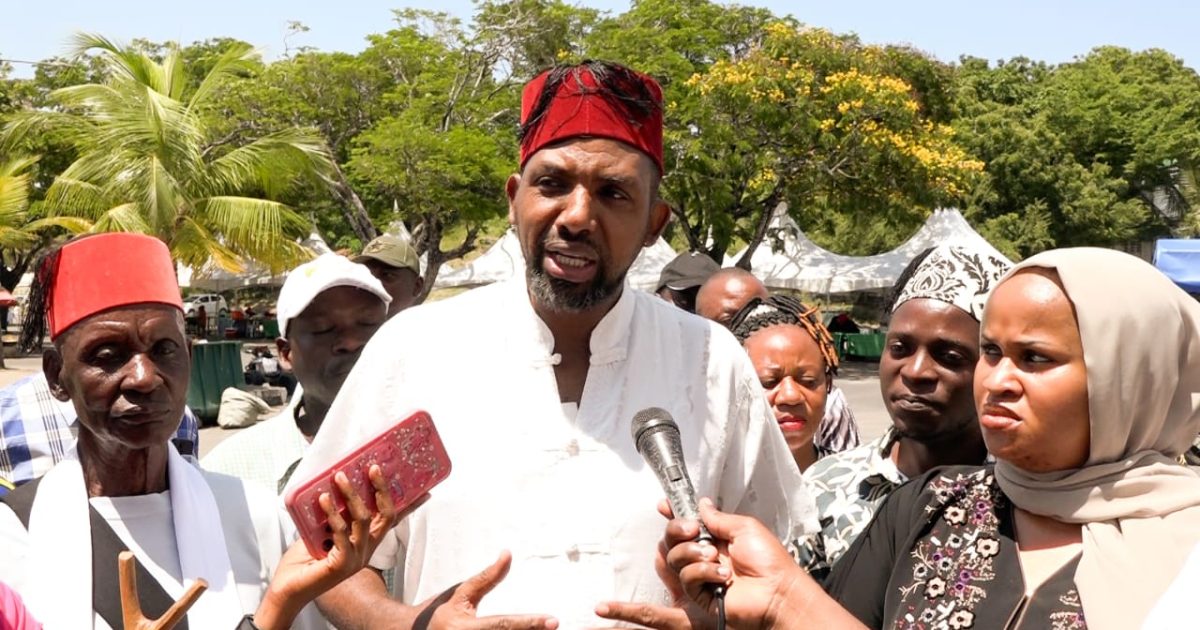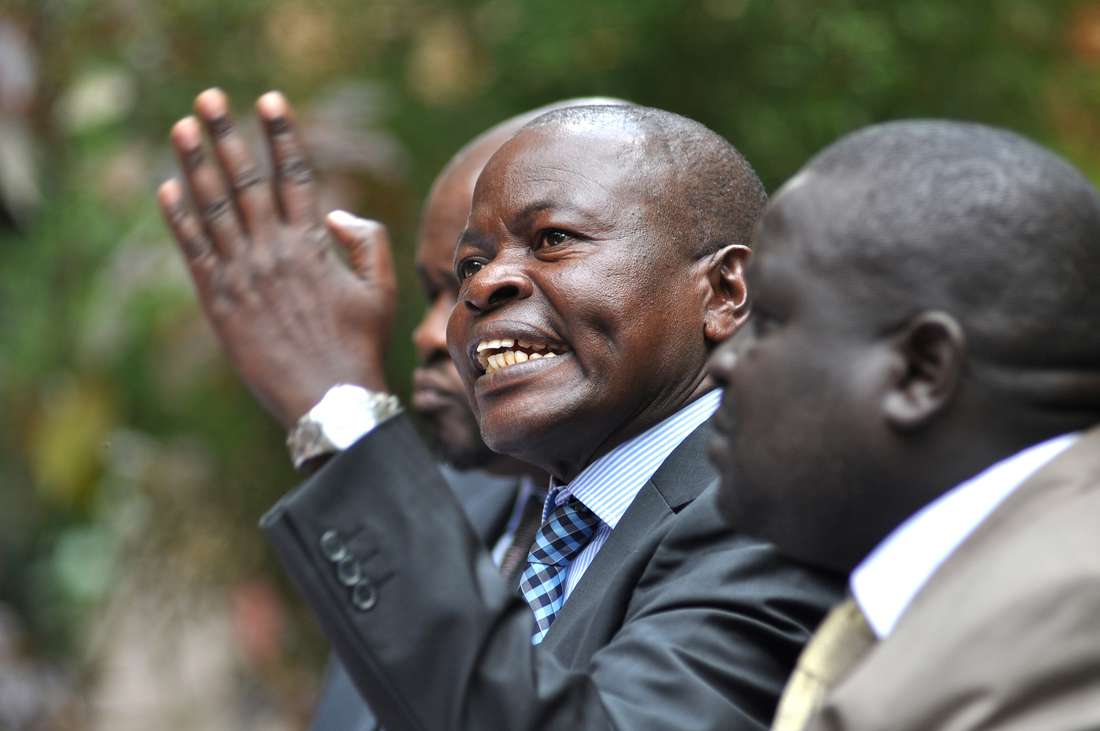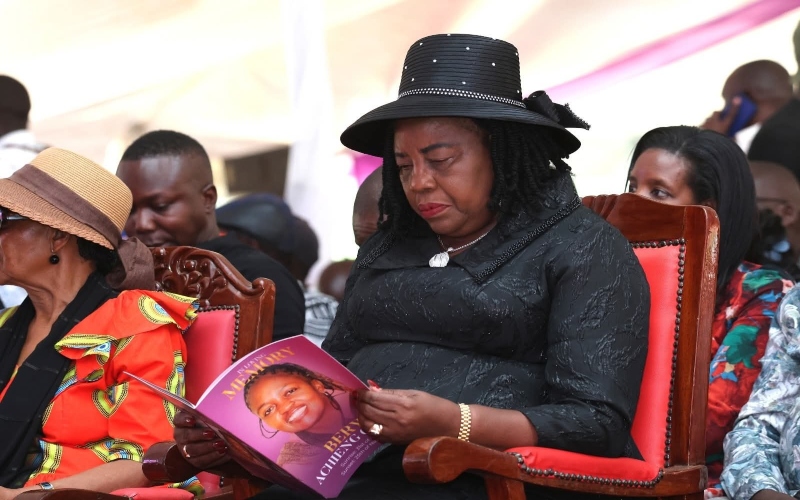Teachers warn CBE curriculum risks undermining religious education, spiritual growth

They cautioned that this oversight could weaken the moral and ethical foundation traditionally fostered through subjects such as Islamic Religious Education (IRE), Christian Religious Education (CRE), and Hindu Religious Education (HRE).
Teachers have voiced growing unease over the current structure of the Competency-Based Education (CBE) curriculum, warning that it could disadvantage students keen on integrating religious studies into their academic paths.
They argue that the framework risks curtailing spiritual growth among learners while jeopardising the livelihoods of religious education teachers.
More To Read
- TSC extends junior school internship contracts by another year despite growing unrest
- SHA transition sparks tension as teachers cite lack of consultation, legal violations
- Over 30,000 teachers set for senior school curriculum training ahead of 2026 transition
- Tension mounts as school heads, teachers’ union reject new TSC leadership structure
- TSC calls on teachers to embrace professional development for CBE curriculum
- CBE curriculum spirit alive in Eastleigh as parents lead new wave of youth football development
According to religious education teachers drawn from various secondary schools, the government’s drive to modernise the education system is commendable, but the existing arrangement fails to accommodate learners wishing to combine religious studies with other disciplines, particularly the sciences.
They cautioned that this oversight could weaken the moral and ethical foundation traditionally fostered through subjects such as Islamic Religious Education (IRE), Christian Religious Education (CRE), and Hindu Religious Education (HRE).
In a formal letter addressed to the Kenya Institute of Curriculum Development (KICD) and the Kenya National Examinations Council (KNEC), the teachers urged policymakers to review the curriculum design to preserve the role of religious education in nurturing values and discipline among young people.
They noted that under the current setup, students pursuing all three science subjects, Physics, Chemistry, and Biology at senior school, risk being excluded from taking religious studies due to restrictions on the number of examinable subjects.
The curriculum offers three pathways that is Science, Technology, Engineering and Mathematics (STEM), Social Sciences and Arts and Sports Sciences.
Each learner may only choose seven subjects within their pathway, with religious education falling under the Social Sciences cluster.
“This limitation has significantly reduced the chances for learners to take religious studies, yet these subjects are integral to shaping moral character and promoting spiritual growth, cornerstones of the holistic education envisioned under the CBC system,” read part of the teachers’ letter.
Under the former 8-4-4 system, secondary school students could take between seven and eight examinable subjects, a structure that allowed flexibility to include religious studies alongside core academic areas. Teachers now fear that the rigid CBE framework will erode that balance.
Faith-based schools, many of which prioritise academic excellence alongside spiritual formation, are particularly concerned.
As most of these institutions are expected to adopt the STEM pathway, students wishing to study all three sciences may be unable to enrol for IRE, CRE, or HRE within the subject limit.
Educators warn that such a scenario would compromise the schools’ long-standing mission to offer both intellectual and moral guidance, undermining the holistic development of learners.
Top Stories Today













































